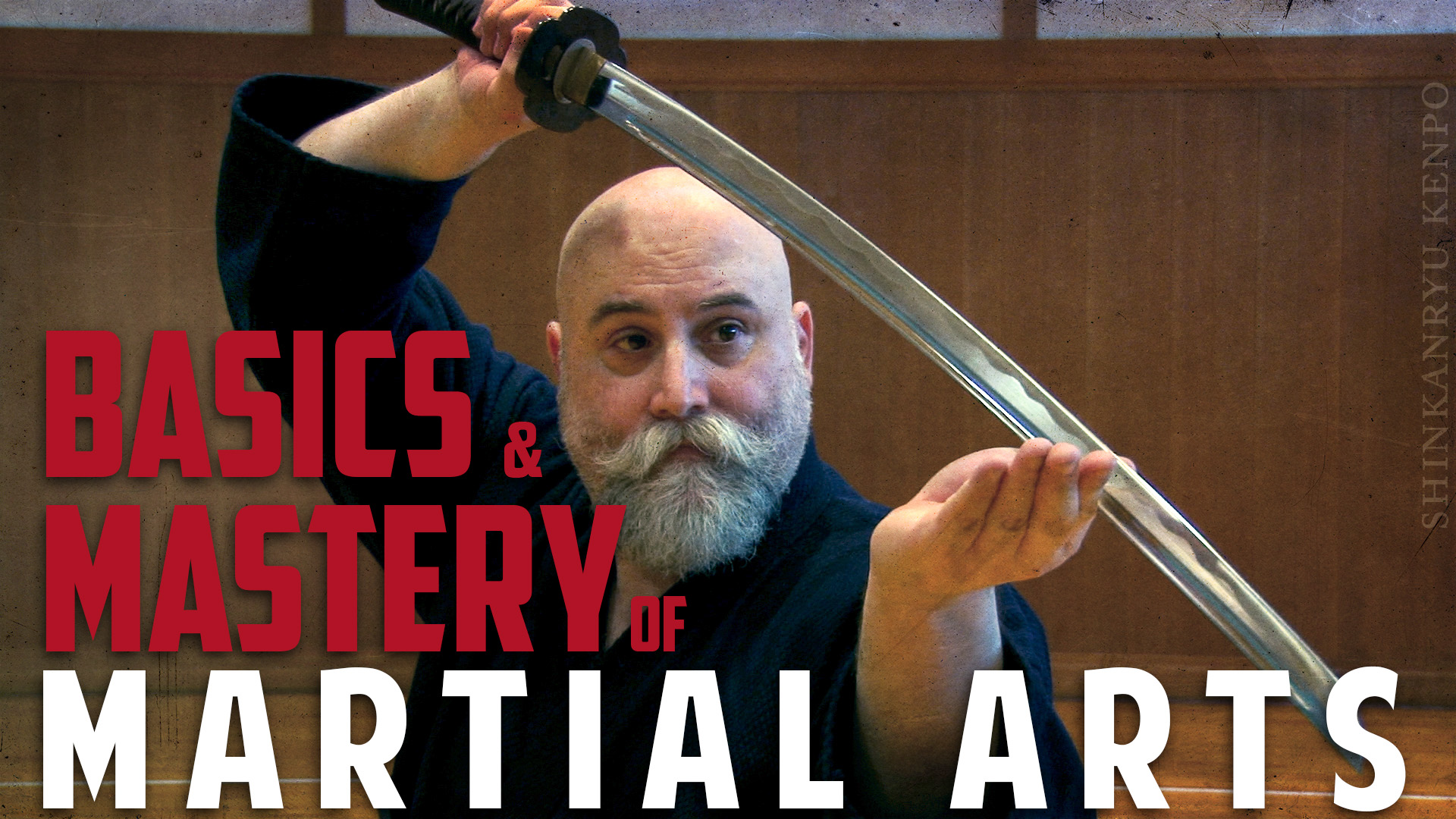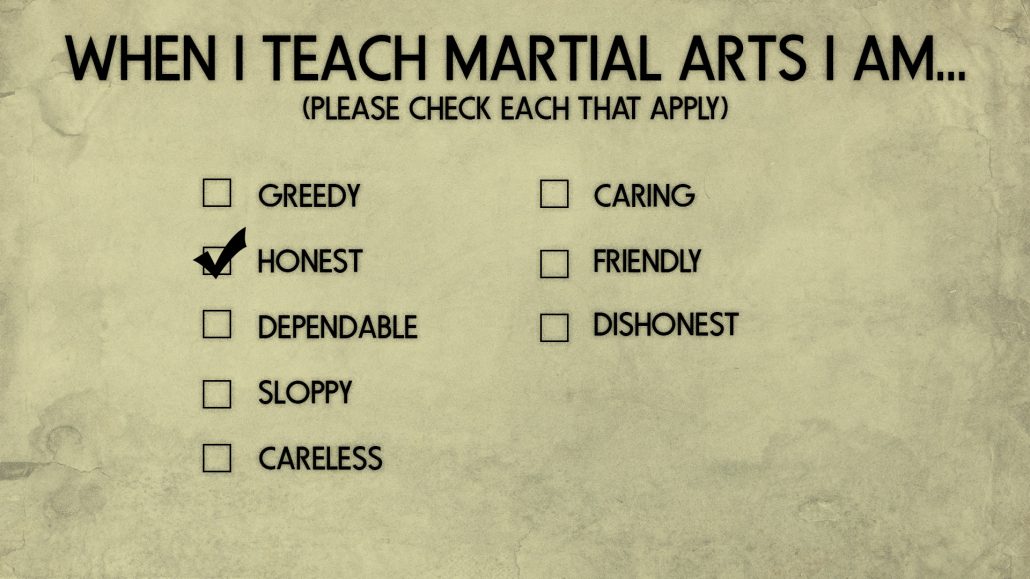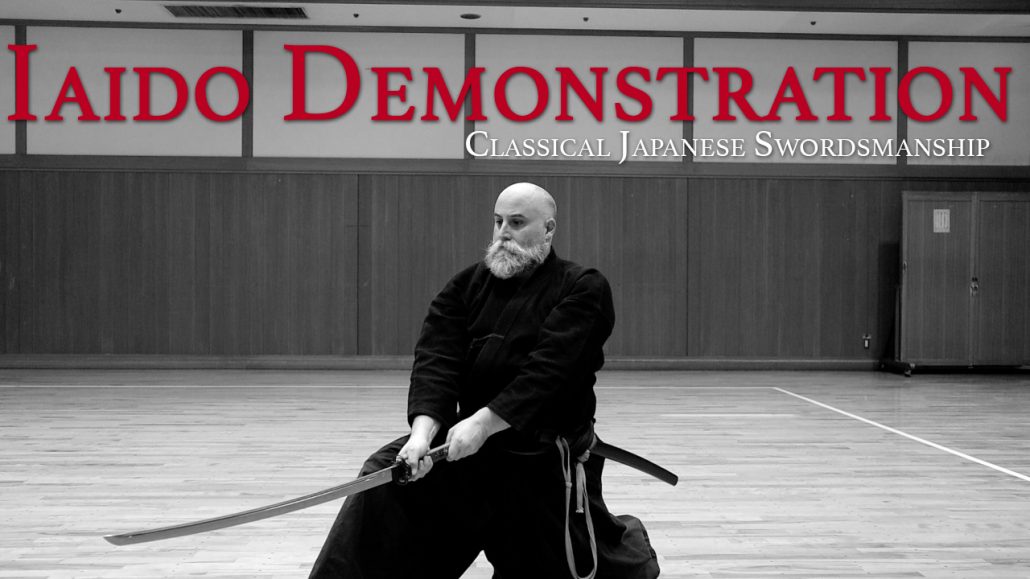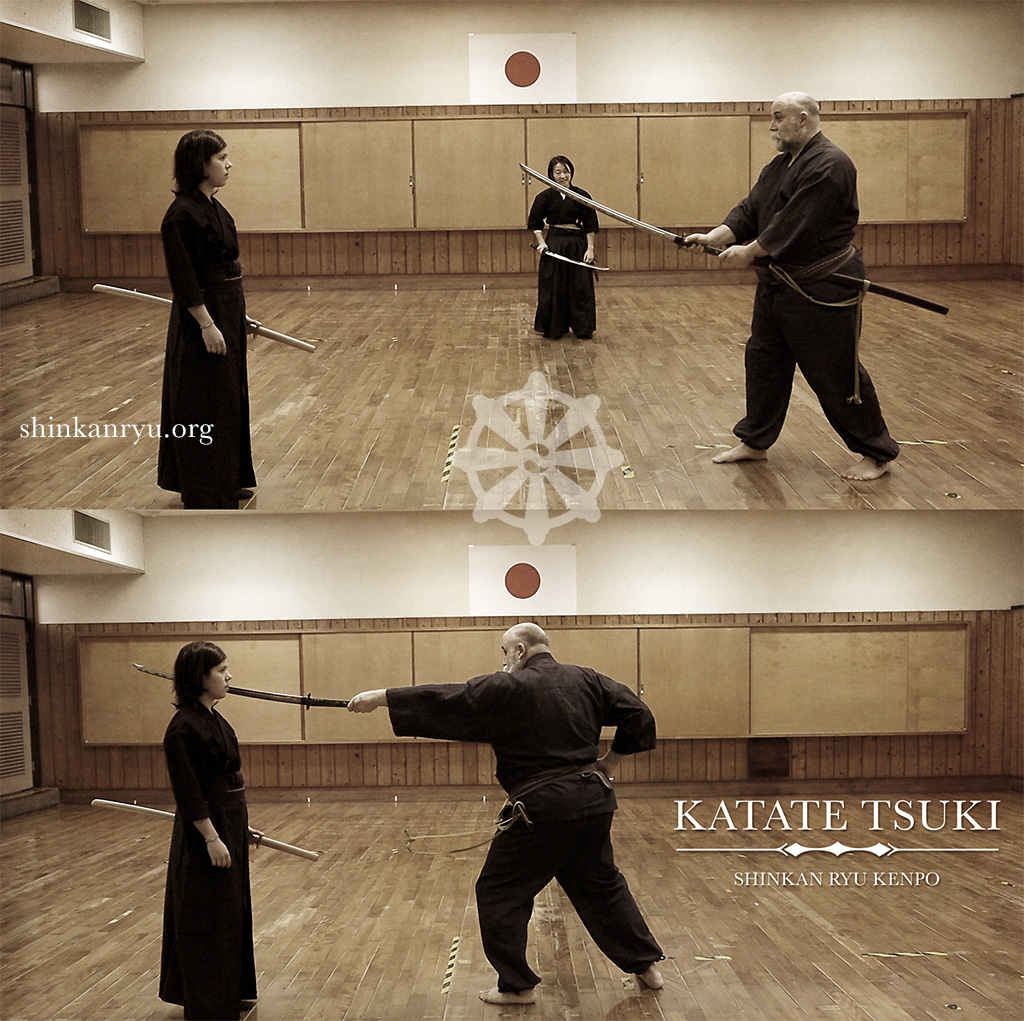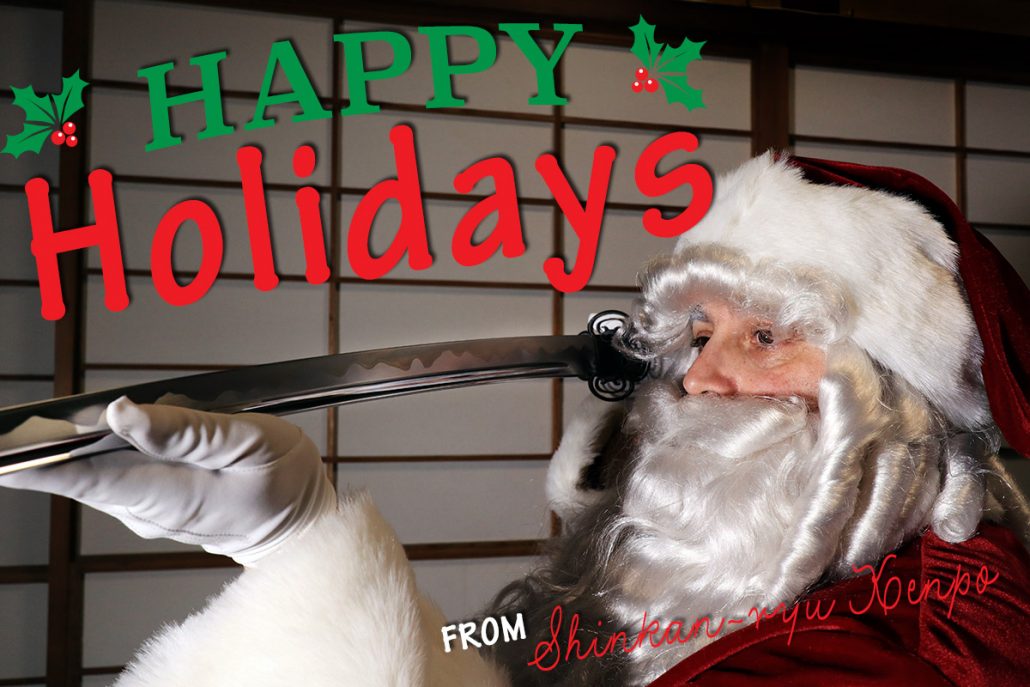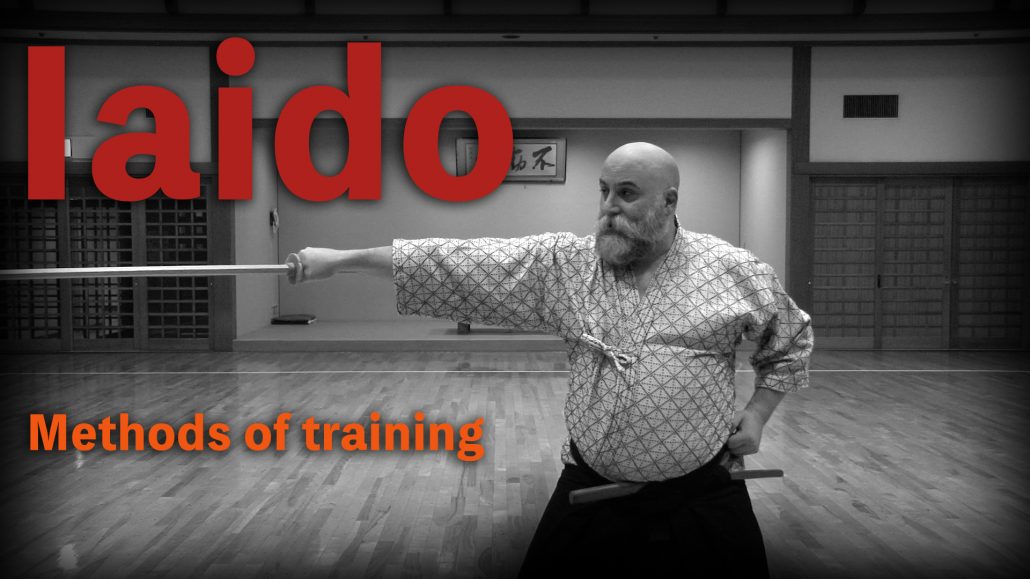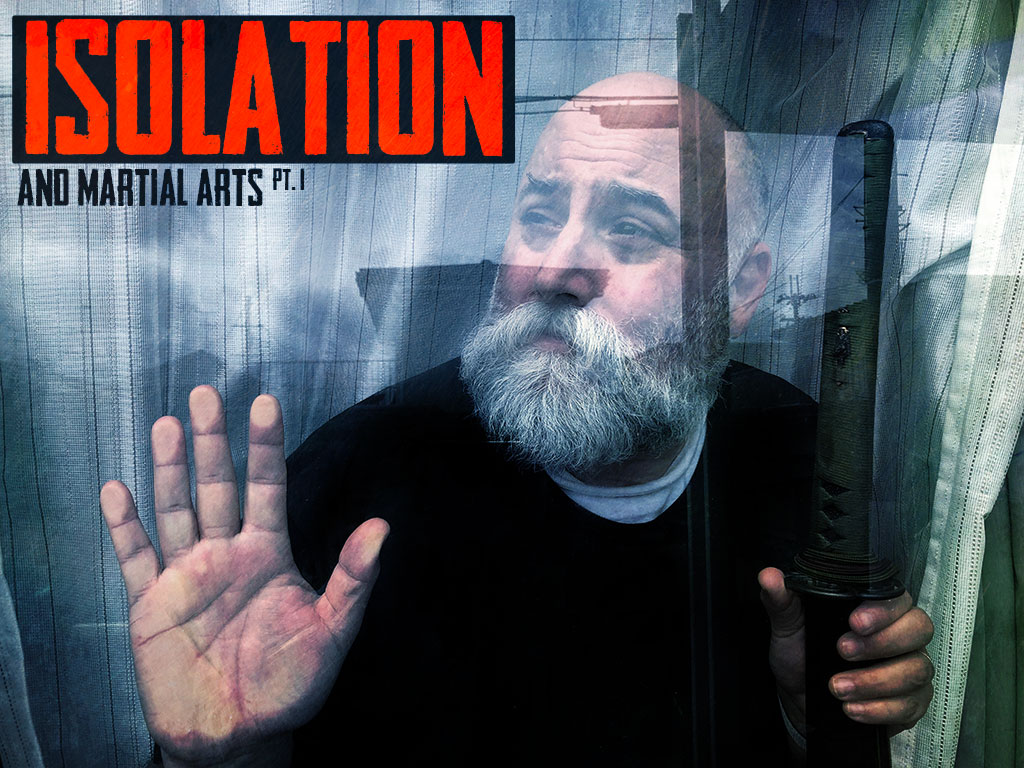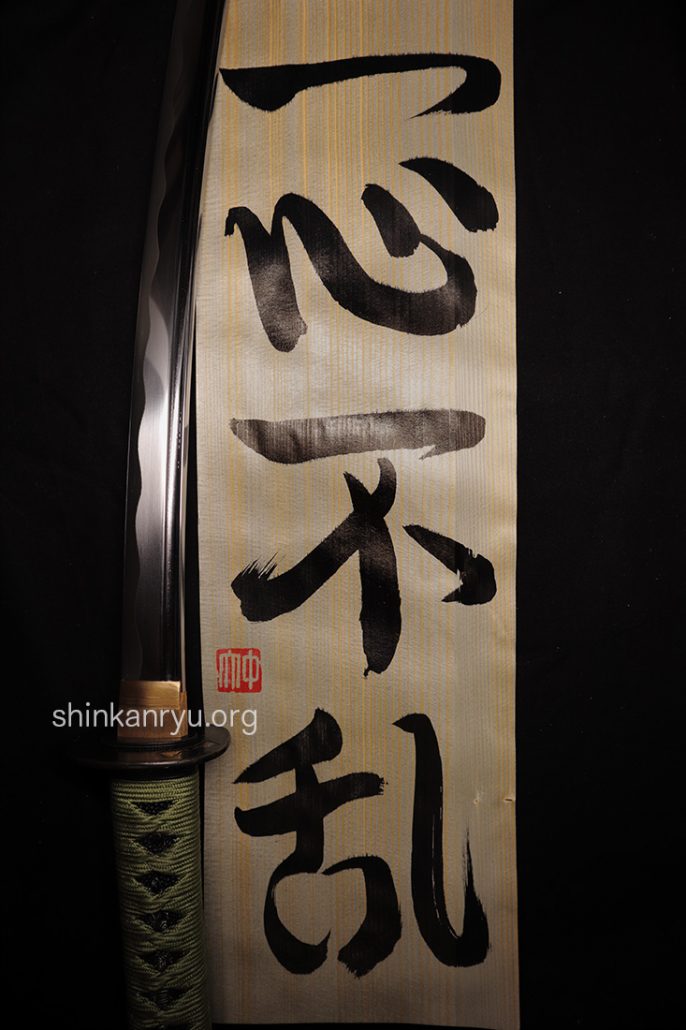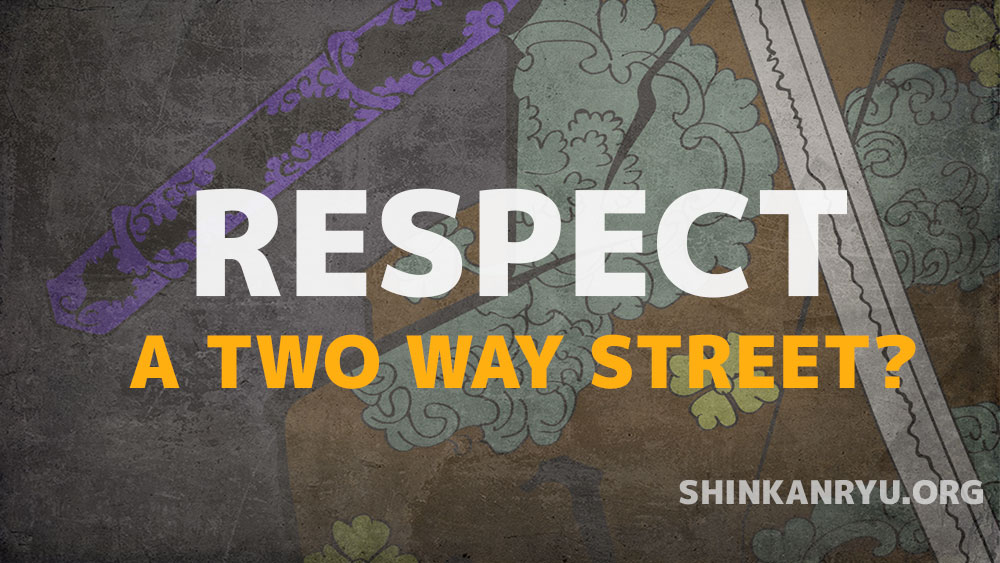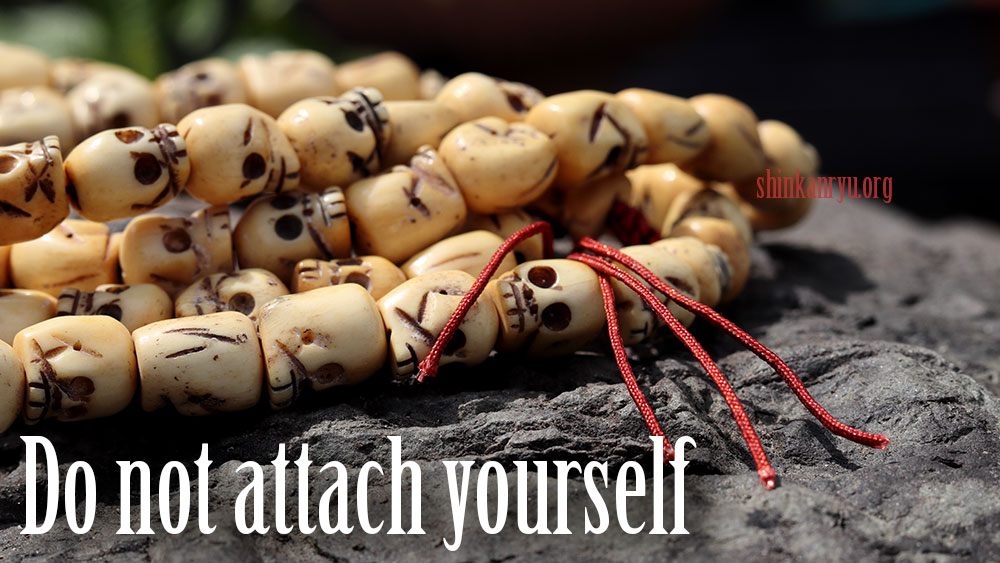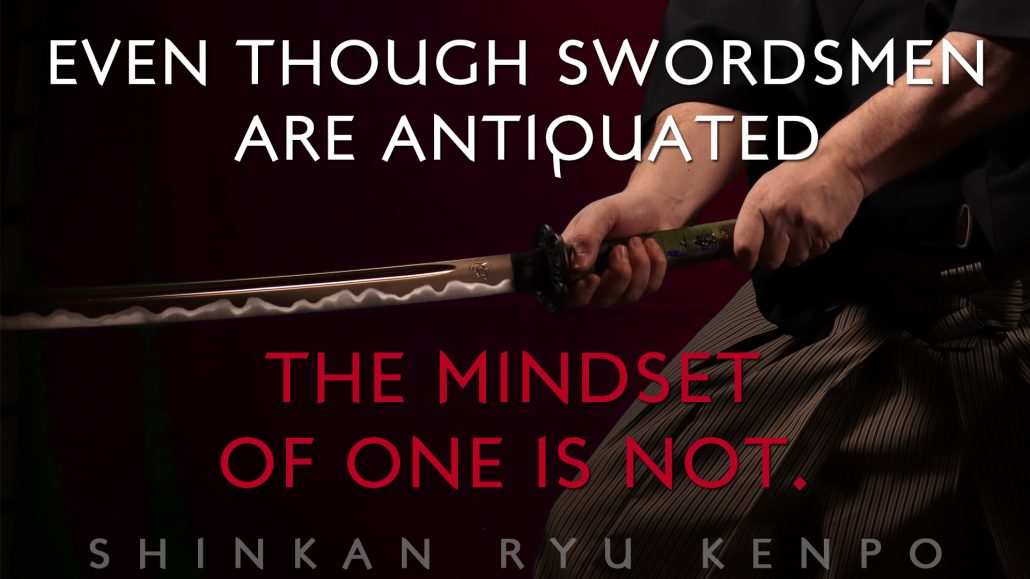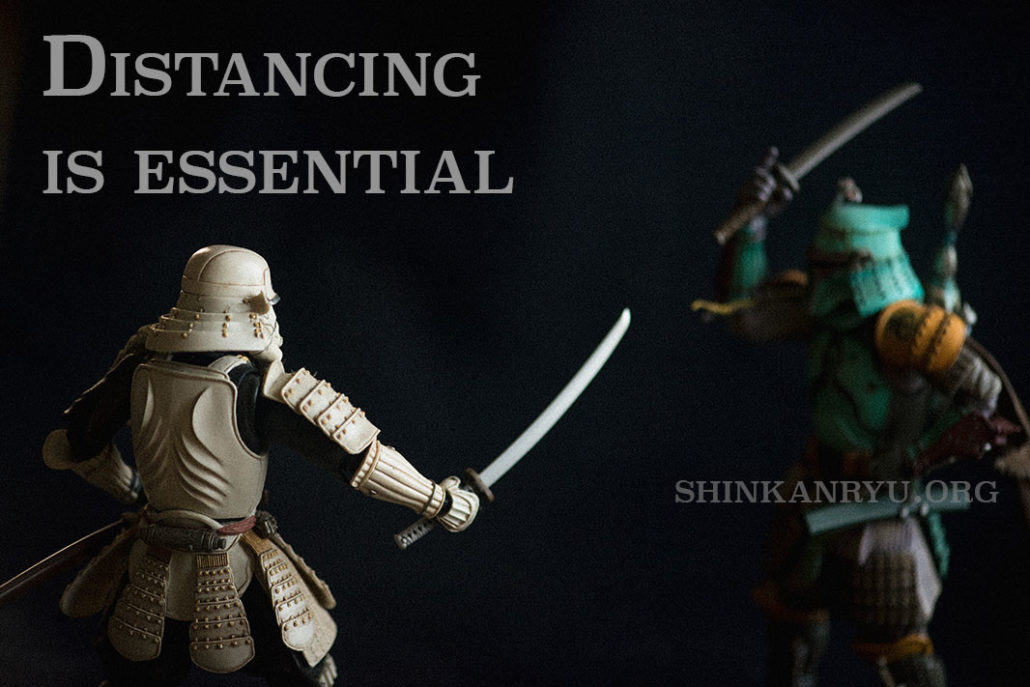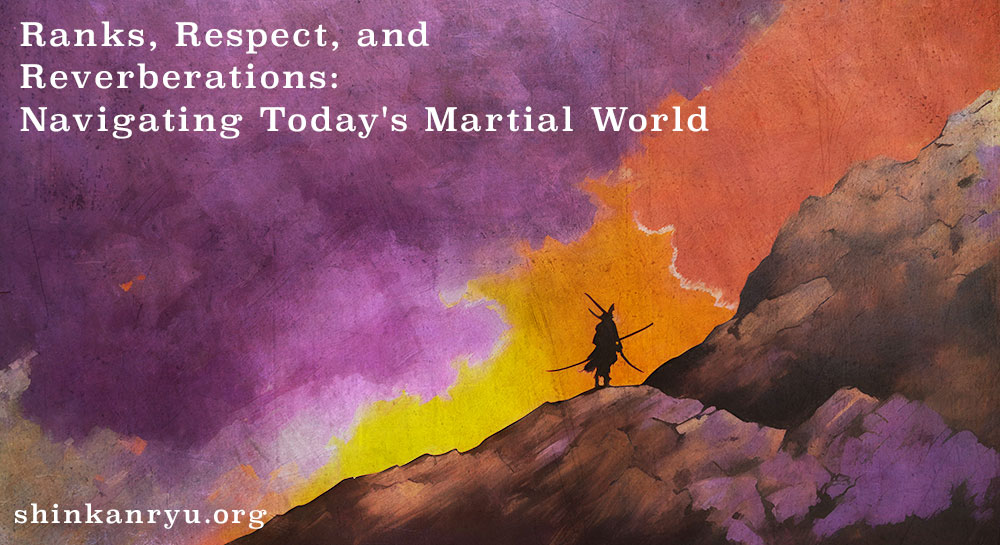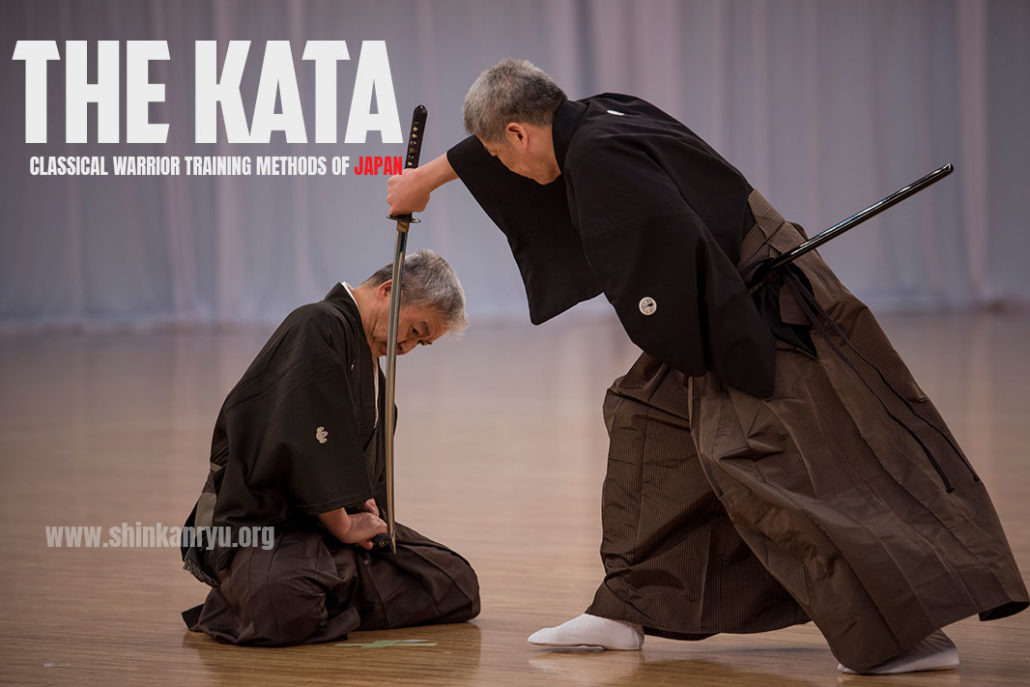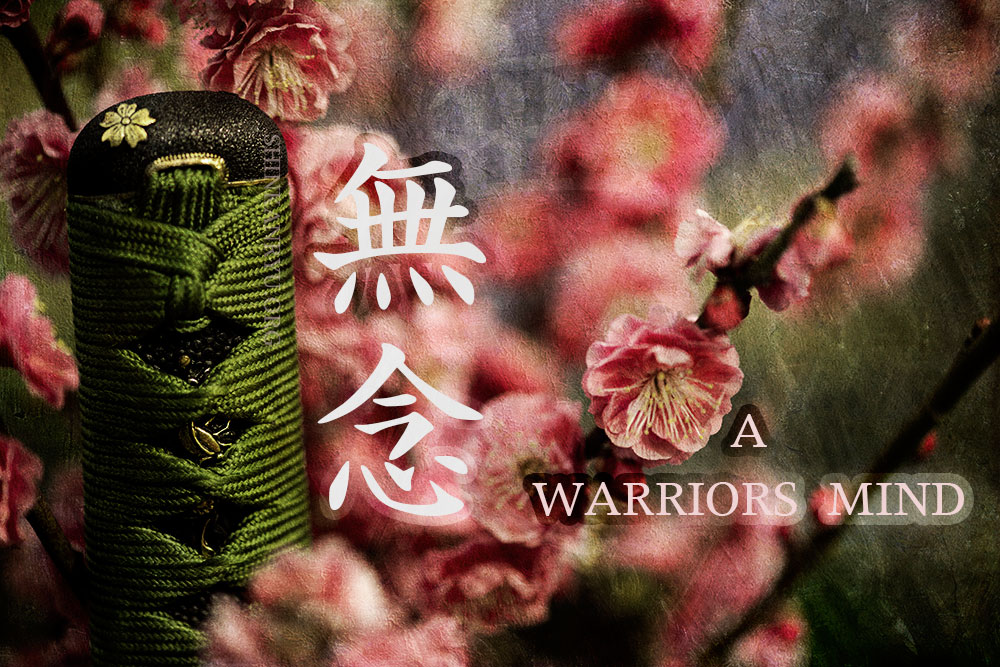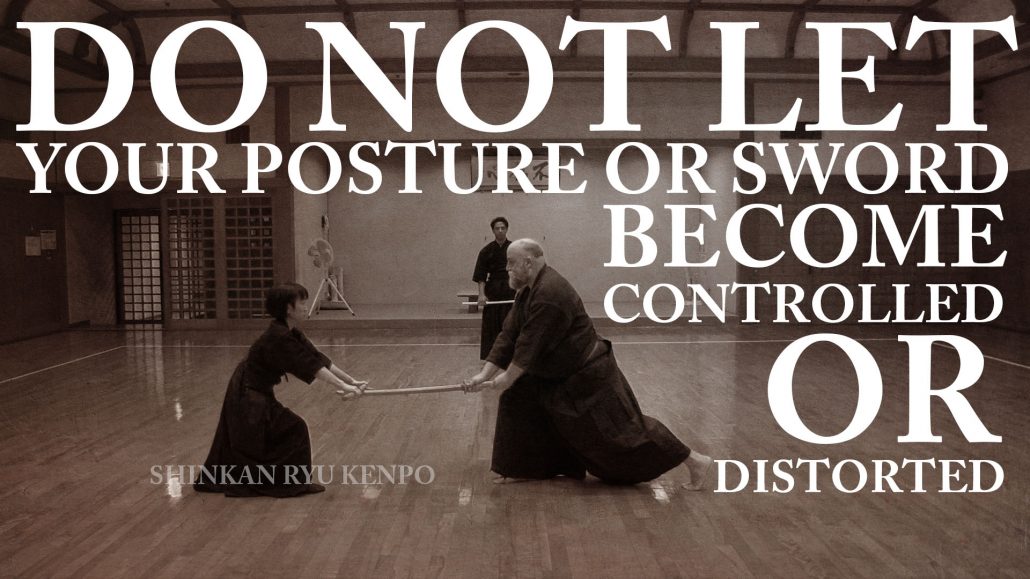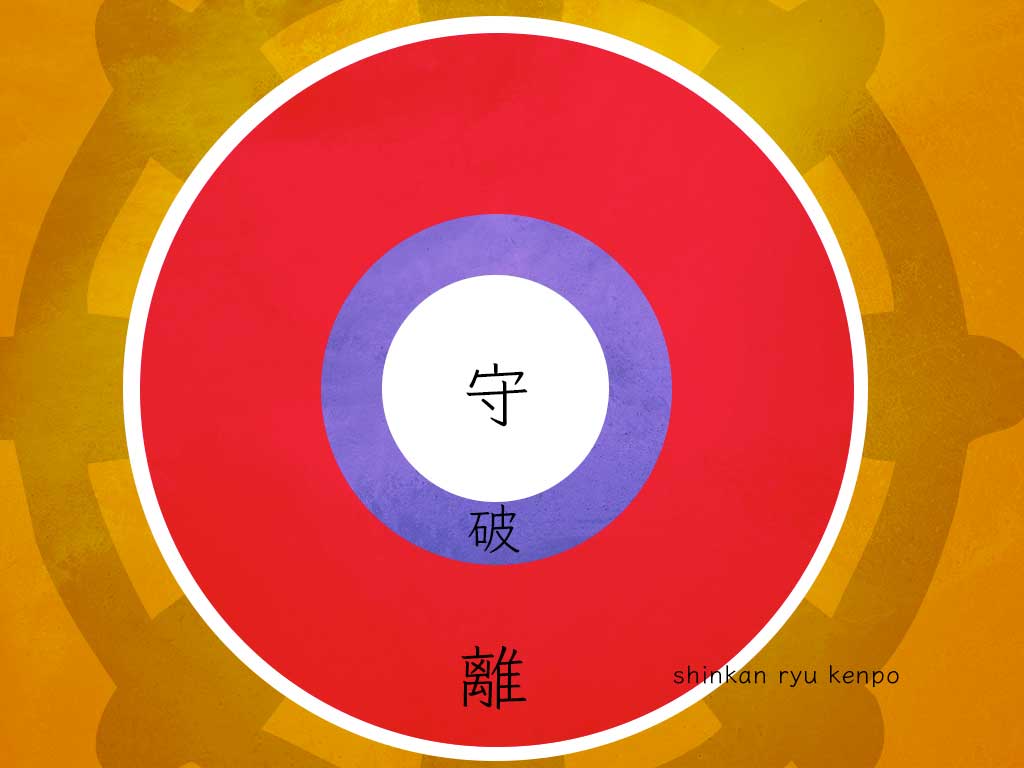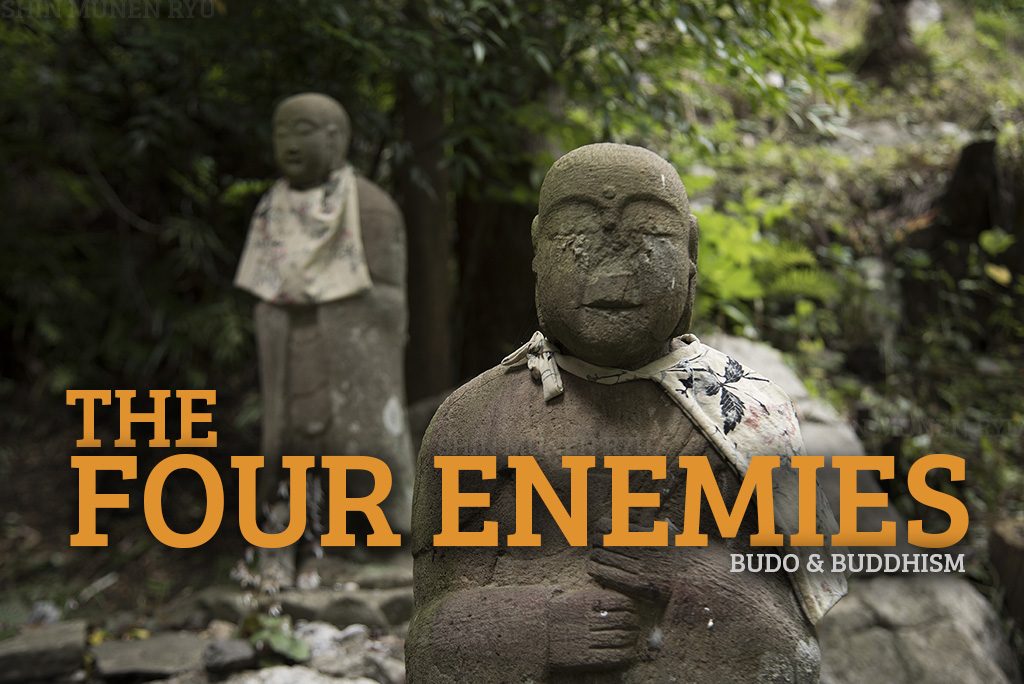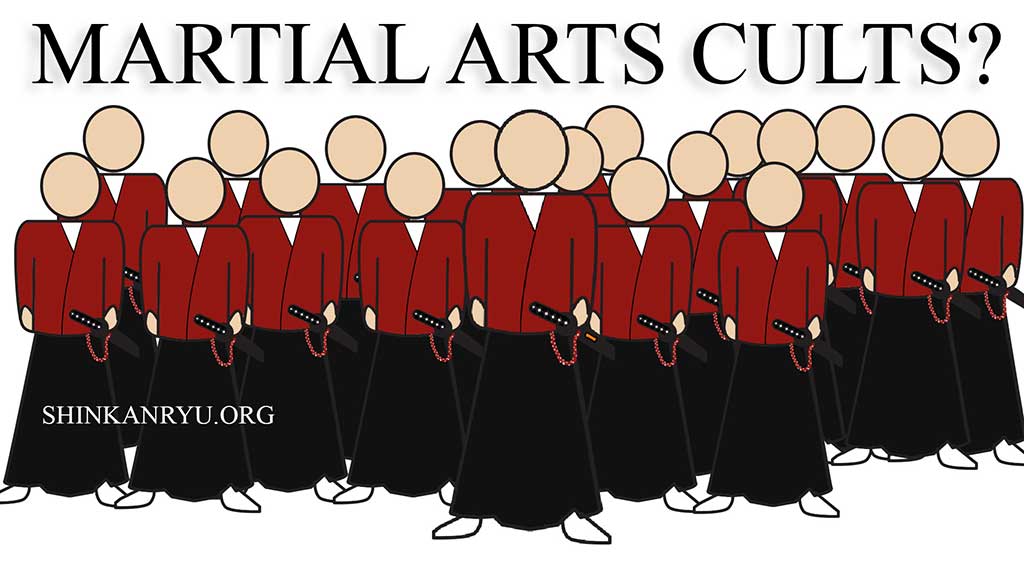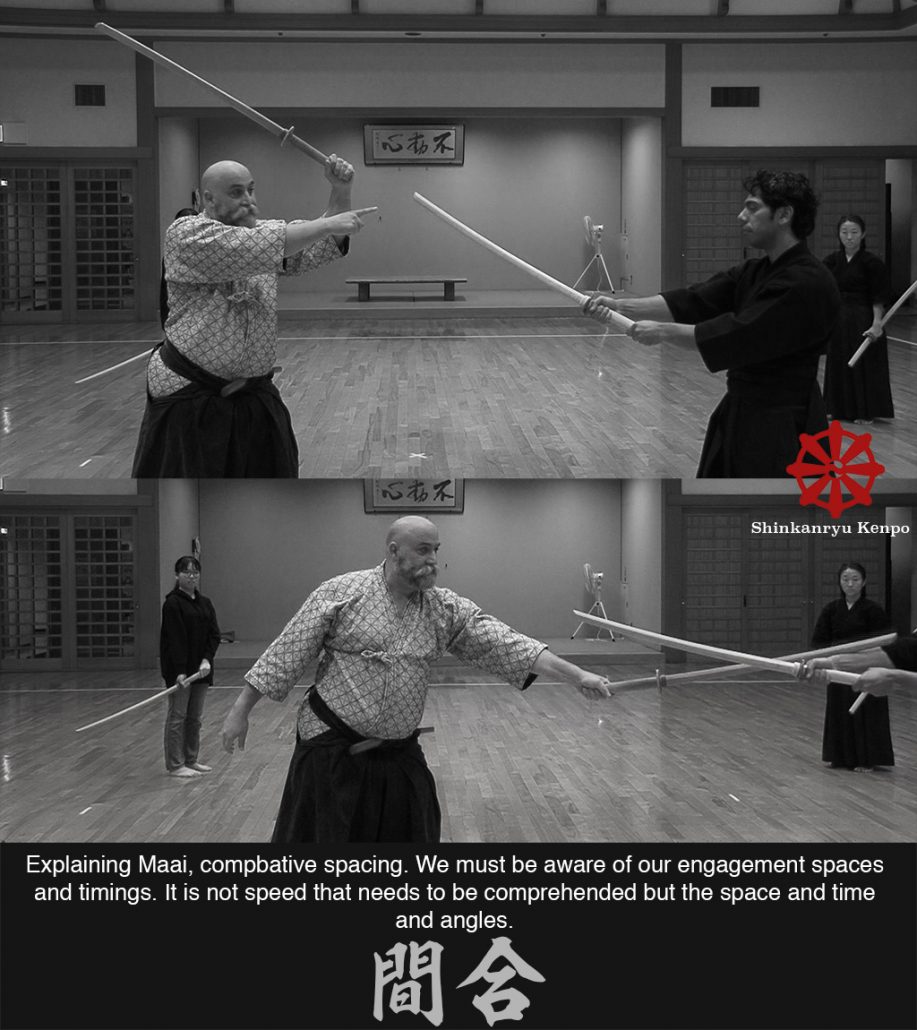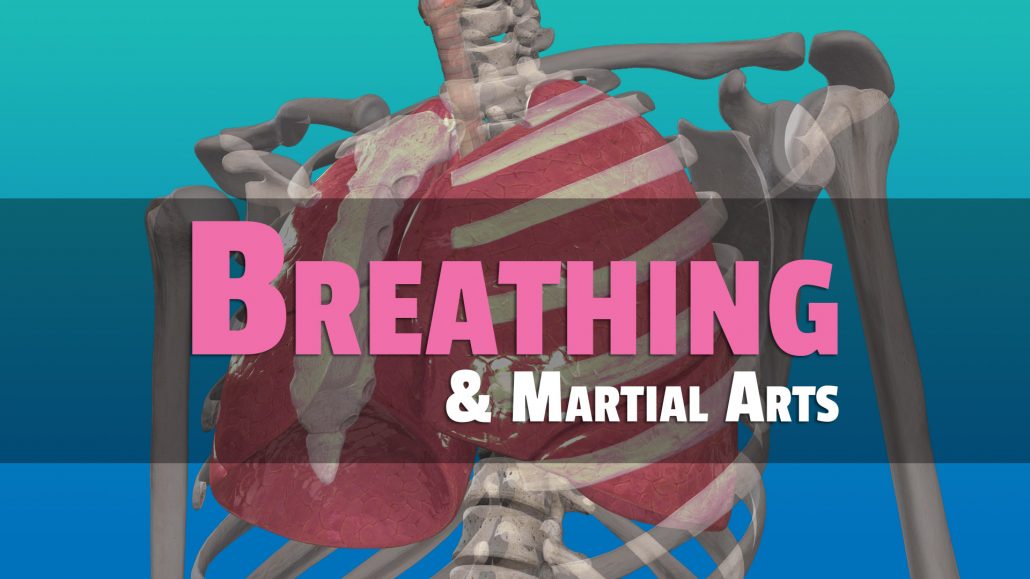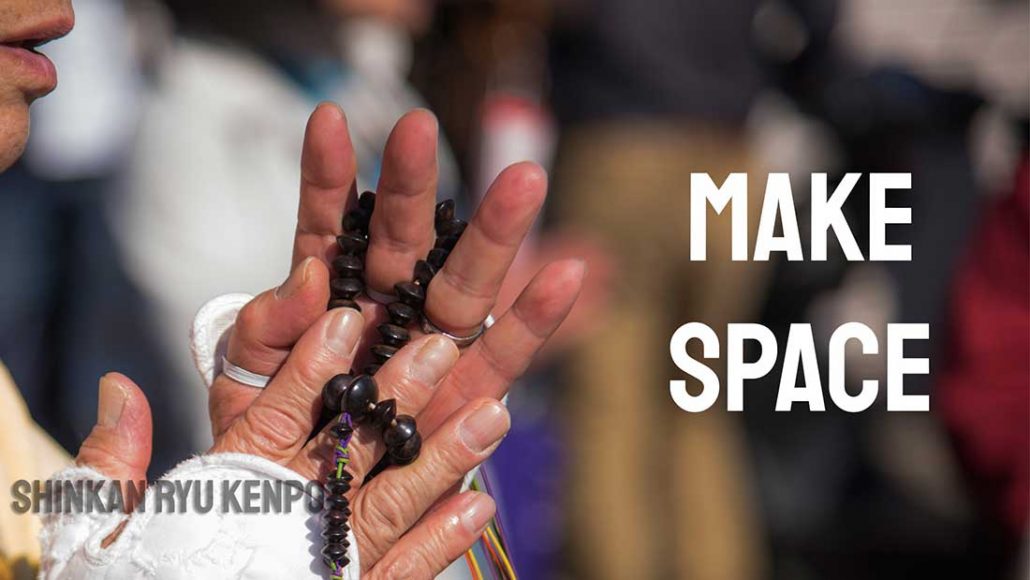I will be talking about basics and mastery. Before I begin, I want to say that I use the word mastery in this a few times. And I use it in a very broad and light way. Not as the pinnacle of any skill because frankly there is no end to learning. Please keep this in mind when you hear me say master or mastery. Thank you.
There is nothing mysterious about reaching deeper levels of skill. There is no shortcut to success. The road to mastery is simply a process of the layering of basics. The undeniable consequences of practice are understanding the techniques. Understanding them deeply.
In Japan, I haven't seen it, but in the USA there are countless dojo with a wall filled with framed titles and certificates. Claiming rank and titles such as 'Martial arts hall of fame.' or 'Best teacher of 2009', or 'Official Member of a Soke Group' (whatever that is supposed to mean). Make no mistake, however, even in Japan, there are groups marketing themselves as historical koryū to the Japanese and foreigners when they are clearly not.
Does it mean the school or teacher is as good as the papers and certificates say they are? We should start our learning with a clear goal to become better than our teachers, or other professionals in that chosen field. It's not a competition. It is not reaching a spot higher than others. It is reaching the furthest into the skill that we can for ourselves. This goal of extreme visualization is beyond what might seem rational at first.
How to master something?
The importance of basics is the key to mastering anything. The first step is obviously to know the goal. In a more grounded way of course. We should see ourselves as achieving and succeeding. Though there are some stuck in a fantasy that fancies themselves samurai or training in genuine samurai arts, when in fact they are not. That's more of a delusion than projecting for a goal. This idea of pushing out past the boundary is going to allow us to move there. Its the common phrase you always hear about ambition. Imagine yourself in the boss's chair and you will get promoted. It is pretty much as simple as setting your sights a bit beyond just a few months away. This image of yourself as a master of something is not for inflating the ego. It is for the inertia needed to push through to the goal we desire.
Why did I mention the non-sense about plaques saying instructor of the year, or best dojo in downtown Hillvalley? Because usually when you see those its a red flag that someone is using them to compensate for NOT having good basic skills. Having rushed through to do things too quickly.
People who have good basics and skill don't need to proclaim that on their walls.
Exclaiming yourself as soke or master comes with a LOT of responsibility. Such titles need to have the support of basics under them. If you want to call yourself a master of something then you sure better have all your basics down pat. There is a rush for many to embellish and puff up their plumage to look bigger than they are. I am not sure I understand the reason behind it. Though one can usually count on one thing, and that is those who drop titles and rankings are compensating for something missing.
When we begin to learn something we often want to hit the warp engines and get to what we perceive as the cool stuff. Sure, it looks cool. I will give you that. Some techniques are more interesting than others. What those “higher level” techniques all have in common are they are built of basics.
Lessons From Lego
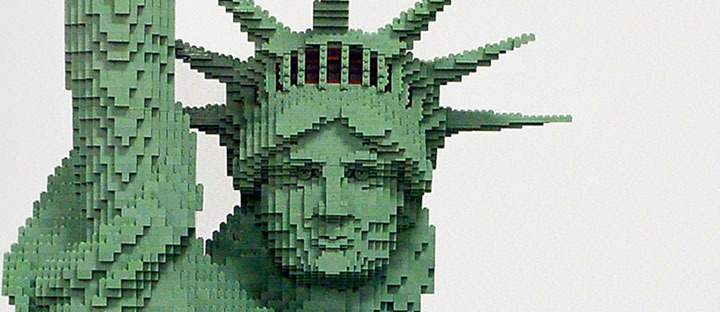
It is just like looking at something like the statue of liberty or some other complicated object all built from LEGOs. The simple blocks of LEGO. The basic blocks make something complicated. So if you don’t have these basics and you try to do some more complicated techniques, then how will it turn out? This is all common sense, right? I am not so sure. I have seen this in myself when I was quite young. I have seen it in many people in martial arts classes that I have attended throughout the years.
I am unsure of the desire to cast away the basics of learning and try to go for the really complicated things. I suppose we equate the complicated with the genius or mastery of something? I have always felt that if you are unable to break down what you are doing to someone then its something you shouldn’t be teaching. It is something you have not spent enough time with yet. it's clear then that you don't have a good grasp on the basics.
In swordsmanship study, you have the basics of footwork and body position. You have the grip of your sword. There is a posture of cutting and angles. The basics of the mind and breath as well. Then comes the actual techniques or techniques strung together where all those basics fit in. At first, they come together in an easily digestible form as can be. There is no reason to overstuff the turkey. or bell pepper, for us vegetarians.
Those techniques at the start build upon themselves to create more elaborate ideas and forms later on. If you build a house with a faulty joint in the foundation, then later on when you are building the roof the house will be unstable and you just might find out the hard way, right?
When you study the sword, for example, and you don’t want to spend the time to get a good grip on the handle or understand footwork…then later you will simply fail at more complicated techniques. This isn't an opinion from zealots preaching the virtues of basics. This is a cold hard fact. I can not do calculus because I have no idea how to do algebra. I am not even sure I remember how to do long division at this point. Obviously, I will not be teaching math class any time soon.
The Master Who Learned From The Master
Mastery is a difficult word I think. There might be some pure mastery where you have this god-like ability in something. Though I always feel like there is no absolute peak where you remain indefinitely.
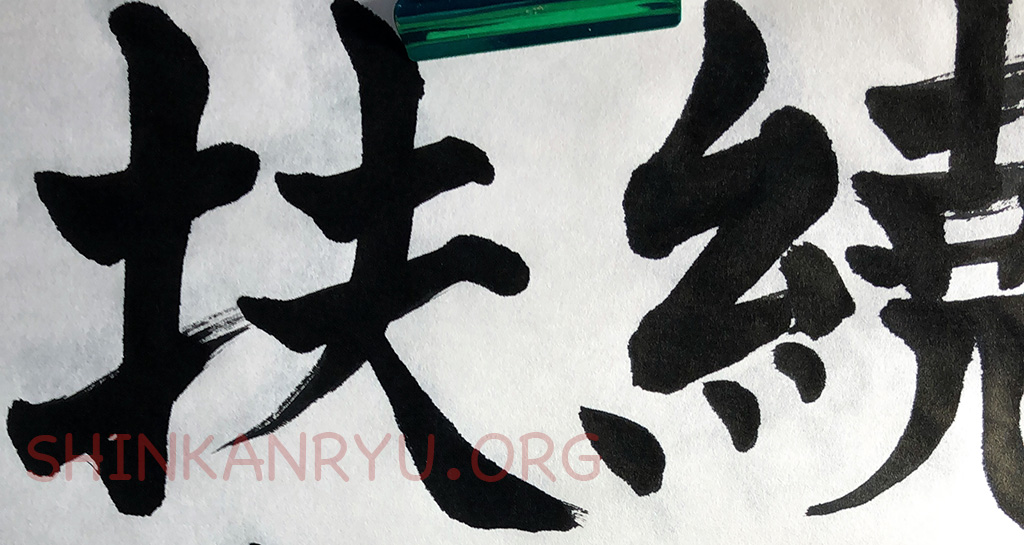
My goal has always been to understand the basics. Recently in shodō practice, traditional Japanese calligraphy, I have noticed this with renewed clarity. Chinese characters can be easy. There are basic strokes to use in calligraphy. Some words can be written using just two basic strokes. Or even one. Other words, however, might use 5 different types of lines and curves. If I don't have a good foundation in just one of those strokes then the whole word looks off. If my horizontal line is perfect but my vertical lines are all poorly done it just falls apart.
Our martial arts techniques are the same. they are all built of layers of basics.
Shortcuts & One Year to Blackbelt
There are none. Sorry to disappoint. Especially if you are the author of a book titled, The Fast Way To Sword Mastery. There is no such avenue. Certainly, time-wasters can be avoided in any learning process. There are, however, no actual shortcuts out of the basics quicker than someone else. I will tell you though that there are some shortcuts that do work. Those are the shortcuts for your keyboard when using a computer.
Stay far away from anyone offering you shortcuts to a black belt or to mastery. For martial arts, you just have to put in the time practicing. You shouldn't be in a rush to rank up anyway. That is a whole other topic.
Different Strokes For Different Folks
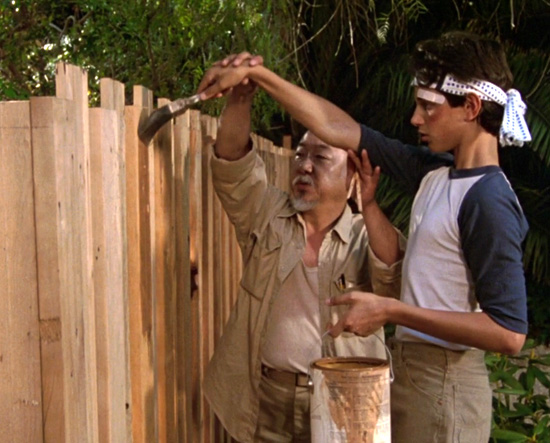
We also all learn at different speeds. No two people are going to ingest information at the same speed (or the same way). If you want to learn, then you have to put in the time doing it. The allegory about basics layering up was also illustrated in the movie, The Karate Kid. I know, I know. Child of the 70’ and early ’80s showing my age. As cheesy as that movie is, it is a really good movie to watch.
Daniel spending time painting fences and waxing cars and sanding porches. It was time spent doing basics. Are you gonna call Mr. Miyagi a liar? Speaking of Mr. Miyagi, do you remember how humble he was?
The times we live in now allow us to just gorge on information. The chances are you can take in lots of stuff that is ahead of your level. People read about something or watch it and they jump right in and try doing it. Of course, without proper basics, this is just a recipe for disaster.
Let’s just face it, it takes time to develop basics and move on to the mastery of anything. Let me put it in a few sentences.
- Don't be in a rush to learn.
- Do learn something as thoroughly as you are able to.
- Wait for the ability to arrive through diligent practice.
- Don’t rush out into the void grasping at things you don't understand.
- Don’t chase shortcuts.
- Do train wisely and use the time you have well.
- Do not compare your skills with others in a negative way.
- Do understand your skills and want to improve them where they are lacking.
- Be honest with yourself and others. Inflated egos do not increase your skill or knowledge.
- Enjoy learning.
I say this as a man who is simply trying to live his life and not repeat the same mistakes over and over. Enjoy the basics. They are like any tool, care for it well throughout your life and it will never let you down.
Thank you for taking the time to read my thoughts.
©2018 S.F.Radzikowski

ラジカスキー真照
館長Saneteru Radzikowski is the head sword instructor of Shinkan-ryū Kenpō. He lives and teaches Iaijutsu and Kenjutsu from Nara, Japan.
Honesty and the Martial Arts Hermit. Being a good budō teacher and student.
When people want to find a martial arts teacher, do they often think of mister...
Tachi Iai & Suwari Iai Demonstrations
[fusion_builder_container hundred_percent="no" hundred_percent_height="no" hundred_percent_height_scroll="no" hundred_percent_height_center_content="yes" equal_height_columns="no" menu_anchor="" hide_on_mobile="small-visibility,medium-visibility,large-visibility" status="published" publish_date="" class="" id="" background_color="" background_image="" background_position="center...
Duping The Gaijin – Martial Arts Fraud
Some Japanese schools or individuals wish to capitalize on the ignorance of non-Japanese martial artists...
Katate Tsuki-One handed Thrust Iaijutsu
[fusion_builder_container hundred_percent="no" equal_height_columns="no" menu_anchor="" hide_on_mobile="small-visibility,medium-visibility,large-visibility" class="" id="" background_color="" background_image="" background_position="center center" background_repeat="no-repeat" fade="no" background_parallax="none" parallax_speed="0.3"...
A Very Budo Christmas Happy Holidays & New Year
Happy Holidays and Happy New Year to all of you that were kind and supported...
Iaijutsu Iaido Sword Timing Lesson
Timing while training alone is an important aspect to keep alive and well in the...
Fear Isolation Martial Arts
Budo does not begin and end when you pass through the dojo, or step on...
Bujutsu Thoughts Issin-furan
[fusion_builder_container hundred_percent="no" hundred_percent_height="no" hundred_percent_height_scroll="no" hundred_percent_height_center_content="yes" equal_height_columns="no" menu_anchor="" hide_on_mobile="small-visibility,medium-visibility,large-visibility" status="published" publish_date="" class="" id="" background_color="" background_image="" background_position="center...
Respect is a two way street in martial arts
Respect is a two-way street, however, how many people are driving recklessly? “If you want...
Attachment, Budo & Impermanence
It is worth a lot to be mindful of the ebb and flow of all...
The Old Is Not Distant
This is important to understand when practicing historical or classical martial arts. Although the sword...
Covid-19 Corona Virus And Martial Arts
Ranks, Respect, and Reverberations: Navigating Today’s Martial World
In the hallowed path of martial arts, the journey has always been as significant, if...
Kata: Classical Japanese Samurai Training Method
Bujutsu Kata Training in martial arts can be done in different ways. One of the...
Munen Muso And Mushin The Warriors Mind
What is the difference between munen and mushin? These concepts outline the ideal mental state...
Sword Control
We should not let our mind or body or sword become contorted or controlled by...
Shu-ha-ri Budo Learning
Four Enemies
Four Friends. Four Enemies. One morning while on alms rounds the Buddha gave a heap...
Martial Arts Cults & Lies
I once had an interaction with someone who referred to their school as a genuine...
Maai; Combative Space-timing
Teaching maai 間合い, the ideas of combative spacing and timing intervals in kenjutsu.
Martial Arts Breathing
The spirit of the sword is the breath. Breathing Physiology What’s so crucial about martial...
Don’t Fall Into The Honey
You only have a little bit longer to live. The end is coming, whether in...


